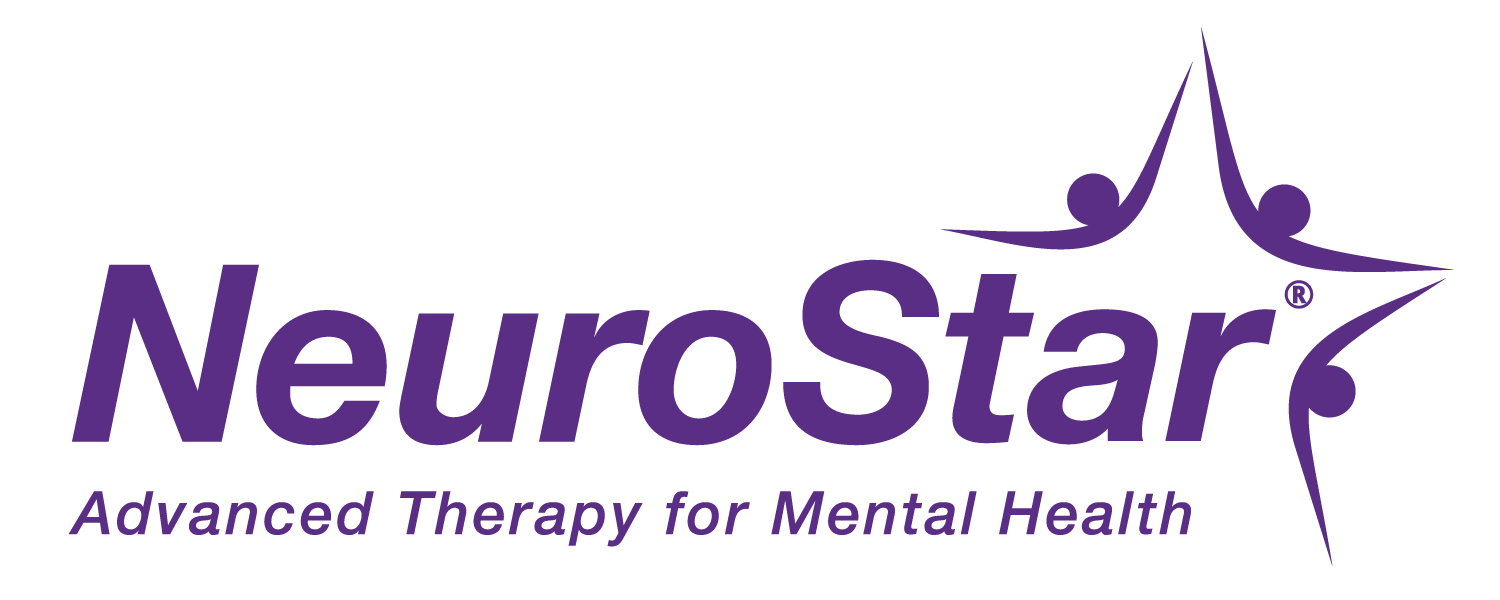How NeuroStar TMS Works
When someone expresses interest in TMS to the practice, through their provider, or by reaching out on their own, they will be put in contact with a TMS Coordinator. The TMS Coordinator will reach out and walk the interested party through the process and answer any questions they may have regarding TMS. When the patient is ready, the TMS Coordinator will schedule an Initial Evaluation for the interested party, now a patient, and a corresponding provider. The provider will review the patient’s history and assess the patient to determine what the next steps should be. Anyone new to the practice or under the care of another psychiatrist should have their records sent to SNBCare, so the two providers can coordinate care. The TMS Coordinator will submit a prior authorization to the patient’s insurance as well as let them know their copay. Once the patient’s prior authorization is approved, the TMS Coordinator will schedule an Initial Mapping with their provider and treater. This will be the patient’s first time in the chair, where their Motor Threshold is found. Their first treatment follows immediately after, lasting around an hour in total.
The patient’s treater will schedule daily follow-ups according to the patient’s schedule. For 35 consecutive business days, the patient will attend their follow up appointments performed by their treater. These treatment sessions will last around 30 minutes and the patient will be able to immediately return to work or school following the session. The provider will also check in with the patient to ensure things are going smoothly. The goal at the end of the patient’s 36 sessions is to see an improvement in the presentation of their depression. For any questions or concerns, you can always reach out to a TMS Coordinator. We look forward to helping you on your journey to mental wellness.
The NeuroStar Advanced Therapy System is indicated for the treatment of depressive episodes and for decreasing anxiety symptoms for those who may exhibit comorbid anxiety symptoms in adult patients suffering from Major Depressive Disorder (MDD) and who failed to achieve satisfactory improvement from previous antidepressant medication treatment in the current episode.
The NeuroStar Advanced Therapy system is intended to be used as an adjunct for the treatment of adult patients suffering from Obsessive-Compulsive Disorder (OCD).
NeuroStar Advanced Therapy is only available by prescription. A doctor can help decide if NeuroStar Advanced Therapy is right for you. Patients’ results may vary.
The most common side effect is pain or discomfort at or near the treatment site. These events are transient; they occur during the TMS treatment course and do not occur for most patients after the first week of treatment. There is a rare risk of seizure associated with the use of TMS therapy (<0.1% per patient).
Visit neurostar.com for full safety and prescribing information.

